Member of the Month: Kiana Bess
Margaret Hicken, Sameera NayakWelcome, Kiana! To get started, can you tell us a little bit about yourself?
Sure! I am a doctoral candidate going into my fifth, hopefully final, year in the Health Behavior and Health Education Program at the University of Michigan School of Public Health! Before coming to Michigan, I also did a master’s from George Washington University in public health.
Awesome! Can you tell us a bit about your research?
Broadly, I study how social and structural determinants of health influence child and adolescent health outcomes. I’ve worked with HIV, sexual health, childhood obesity, and cardiovascular disease, and now I’m looking at behavior, so I’ve studied a plethora of outcomes. However, what I’m really passionate about, or where my heart is, is the social determinants piece. Within the social determinants, my specific domains of focus are neighborhoods and economic stability — so how poverty and neighborhood environments affect children’s health. My goal is to dig a little deeper and bring in structural aspects. For instance, I’m using a historical lens with neighborhoods to examine how discriminatory policies (i.e., segregation and housing policies) influence contemporary neighborhood structures and neighborhood opportunities for children. I like to learn about different outcomes, but I always come back to how where one lives influences children and families, particularly children of color, specifically Black children.
That sounds interesting! You said that you are in your fifth year in a doctoral program. Can you broadly tell us more about your dissertation?
Yes, absolutely! My dissertation focuses on neighborhood disinvestment, housing insecurity, and child behavior. I am interested in urban health, so my focus is on large cities/metropolitan areas. I am working with the Fragile Families Child and Wellbeing Study dataset because of its metropolitan focus. It also has a wealth of questions on neighborhoods, material hardship, and housing. As for my outcome (child behavior), I will be looking at internalizing behaviors such as depression and anxiety and externalizing behaviors, such as aggression and rule-breaking, according to the dataset.
Wow, that is genuinely interdisciplinary! How do you get a wide variety of training in these fields?
It’s a lot! Mainly courses and mentors. One of the reasons I chose the University of Michigan for my doctoral training was because it really focuses a lot on interdisciplinary research. At Michigan, we have to “declare” a cognate, which are courses we have to take outside of our primary field of discipline. Because of my experience before matriculating into the program and interest in Urban Health, I started out in Urban Planning. As an elective, I took a poverty and inequality course in the Ford School of Public Policy, which peaked my interests in poverty and material hardship. I also have a variety of experts on my dissertation committee, which provide an additional realm of training. My chair is a social epidemiologist by training whose work focuses on urban health and housing (just to name a few). Because of the cognate requirement, we have to have a member that represents the cognate-so I have a faculty mentor from policy on my committee, and then finally I have members who have expertise in development psychology, and critical race theory/public health critical race (all topics relevant to my research interests) So I have a lot of faculty resources and expertise. Although it is challenging, faculty have been very, very good with providing me resources and mentoring me in incorporating these different bodies of literature into my work.
So thinking about our junior colleagues who may be undergrads, or just starting their PhD, what advice do you have for them if they’re interested in this type of interdisciplinary work?
I would say be patient, give yourself grace, and stay true to who you are. It’s going to take time to figure out everything-what you want to do and your niche. Sometimes I still get first flustered and frustrated like, will this ever come together? But it eventually comes together so enjoy the process and be patient with yourself. I took quite a bit of time off between my master’s and my PhD, to work and make sure that pursuing a doctoral degree was really what I wanted to do. Coming back to school after working for a while was a learning curve for me, so I had to give myself grace and constantly tell myself “I’m learning”, I’m not expected to know everything right now. And honestly speaking-I am still giving myself grace-especially during the dissertation stage. Lastly, I think it’s important to stay true to who you are and have an identity outside of the academic space. As a Black woman pursuing a doctoral degree and hoping to transition into a academic career, the work that I do is challenging, particularly when I’m reading historical literature about discriminatory policies, segregation, racial injustice, etc. it can get hard and heavy because it intertwines with my identity, but I know at the end of the day this is my passion, so I use it to keep my going. However, at the same time, I know there is a Kiana (that includes family, friends, and hobbies) outside of academia, and that’s important to remember.
That’s excellent advice! So what is next for you, Kiana?
Well, I’d like to stay in the academic arena, a postdoc, then transition to a faculty member. We talked a lot about research, but I also enjoy teaching and mentoring/working with students. As far as my research trajectory, it’s open. My main research interests are health equity, social determinants of health (neighborhoods and housing), poverty/material hardship, and child/adolescent health. So projects that focus on these topics will always pique my interest. It could also depend on what I find in my dissertation results. In addition to my dissertation, I am also working on other projects that examine the association of neighborhood and housing hardship predictors with child stress levels and childhood obesity. These findings could also pique my interest, so as I mentioned earlier, I’m open.
What do you love about IAPHS?
I’m actually a brand new member. I have heard about it for so long and know multiple people in IAPHS, including faculty and lab mates. I love that it feels small/intimate-it feels like the right space for me. I’m also part of the mentorship program, which is wonderful and definitely recommended! I was matched with Dr. Sabriya Linton at Johns Hopkins, and we meet monthly and it’s just been great, and she’s been such a support system for me as I navigate this part of my doctoral program. It is such a good match! In addition to research interests, they really took the time to see what you would like in a mentor. The application questions were very thoughtful. In addition to Dr. Linton and I having similar research interests, she is also a Black woman. For me, it is just as important to have mentors I identify with, which was asked in the application process, as it is to have mentors with content/methodological expertise. So I’ve enjoyed the mentorship program and look forward to becoming more involved with IAPHS.
Great, well, that is all the time we have today! To wrap up, could you let us know where you can be reached?
Email is probably the best way I can be reached, and it’s kbess@umich.edu.
Thank you so much, Kiana!

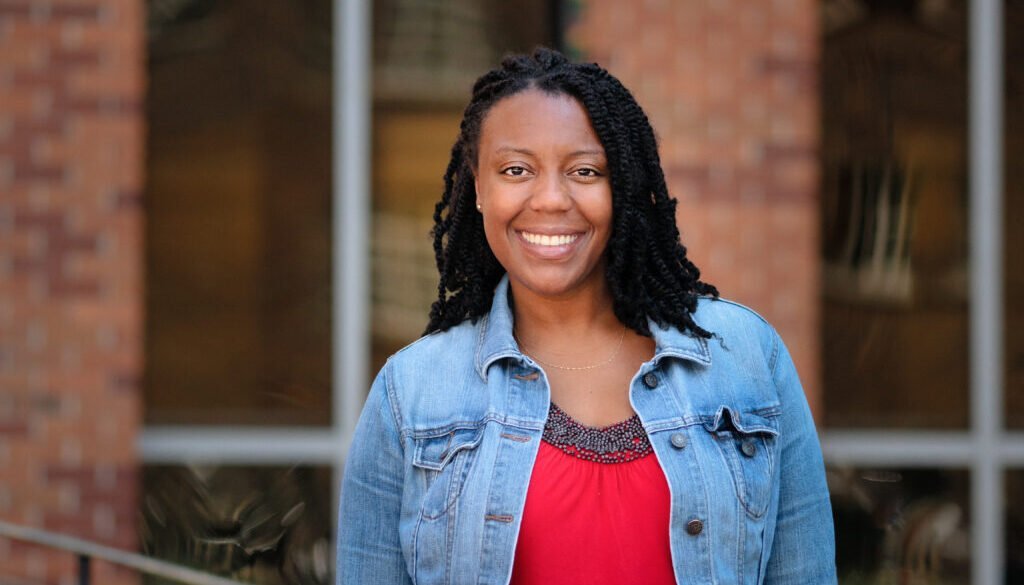
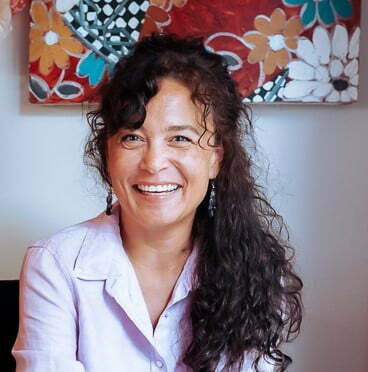
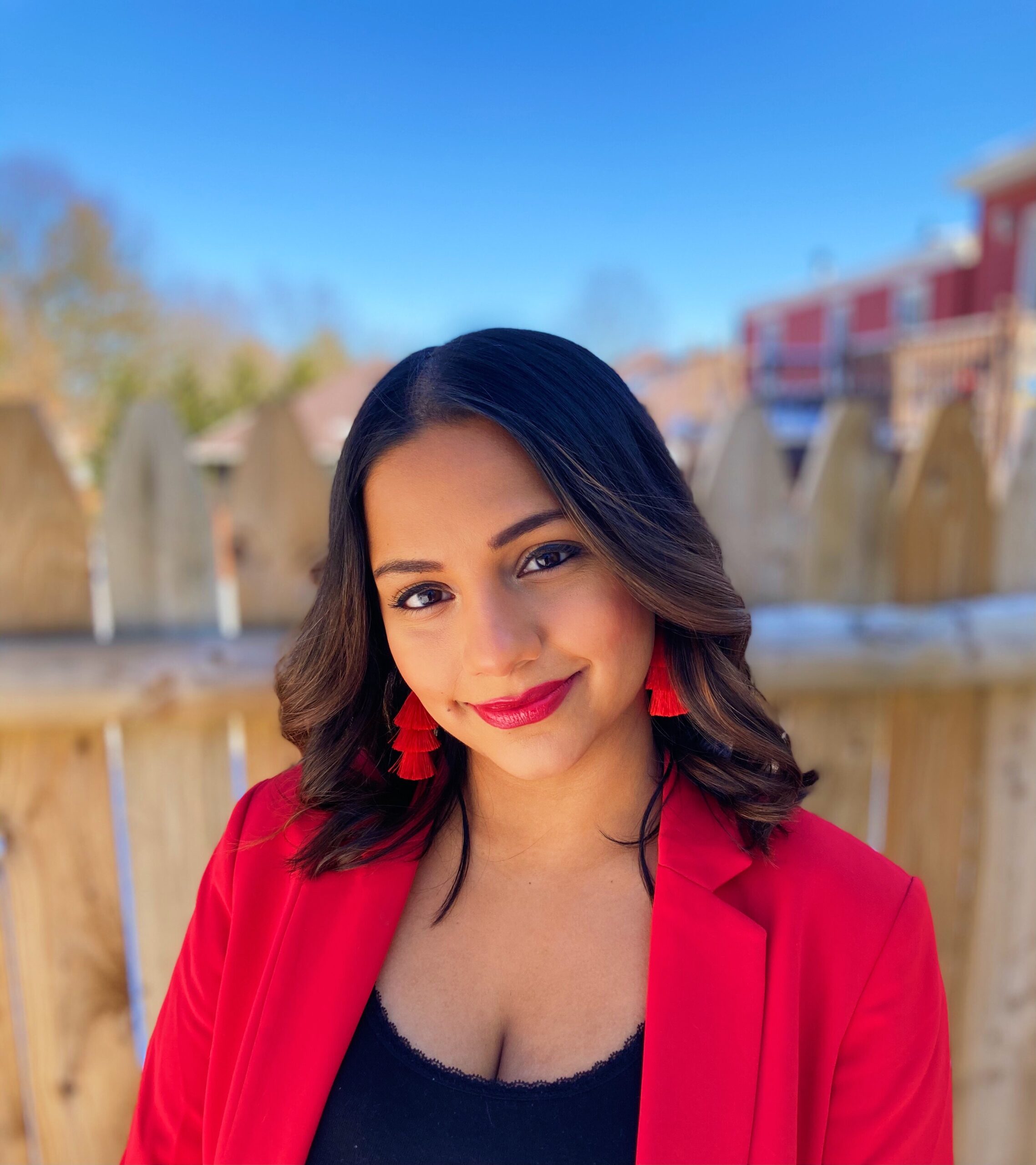
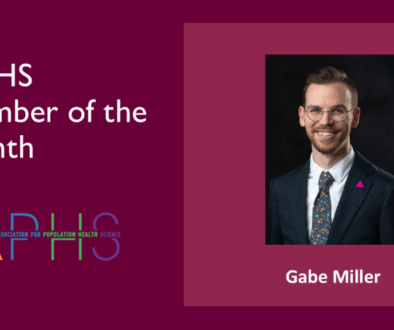
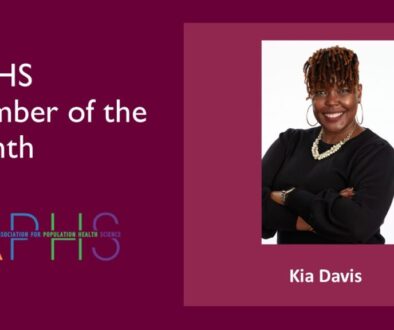

All comments will be reviewed and posted if substantive and of general interest to IAPHS readers.